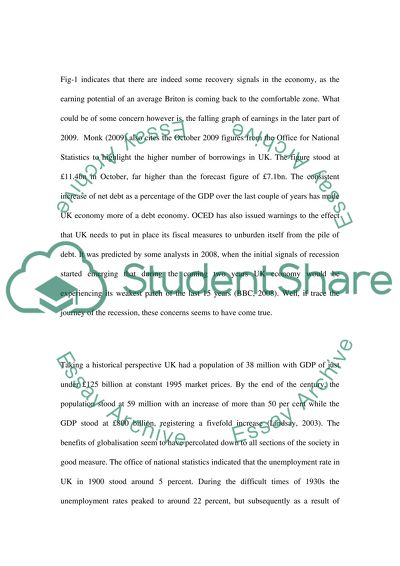Cite this document
(“Impact of Recession on the UK Economy Essay Example | Topics and Well Written Essays - 2000 words”, n.d.)
Impact of Recession on the UK Economy Essay Example | Topics and Well Written Essays - 2000 words. Retrieved from https://studentshare.org/macro-microeconomics/1528922-impact-of-recession-on-uk-economy
Impact of Recession on the UK Economy Essay Example | Topics and Well Written Essays - 2000 words. Retrieved from https://studentshare.org/macro-microeconomics/1528922-impact-of-recession-on-uk-economy
(Impact of Recession on the UK Economy Essay Example | Topics and Well Written Essays - 2000 Words)
Impact of Recession on the UK Economy Essay Example | Topics and Well Written Essays - 2000 Words. https://studentshare.org/macro-microeconomics/1528922-impact-of-recession-on-uk-economy.
Impact of Recession on the UK Economy Essay Example | Topics and Well Written Essays - 2000 Words. https://studentshare.org/macro-microeconomics/1528922-impact-of-recession-on-uk-economy.
“Impact of Recession on the UK Economy Essay Example | Topics and Well Written Essays - 2000 Words”, n.d. https://studentshare.org/macro-microeconomics/1528922-impact-of-recession-on-uk-economy.


